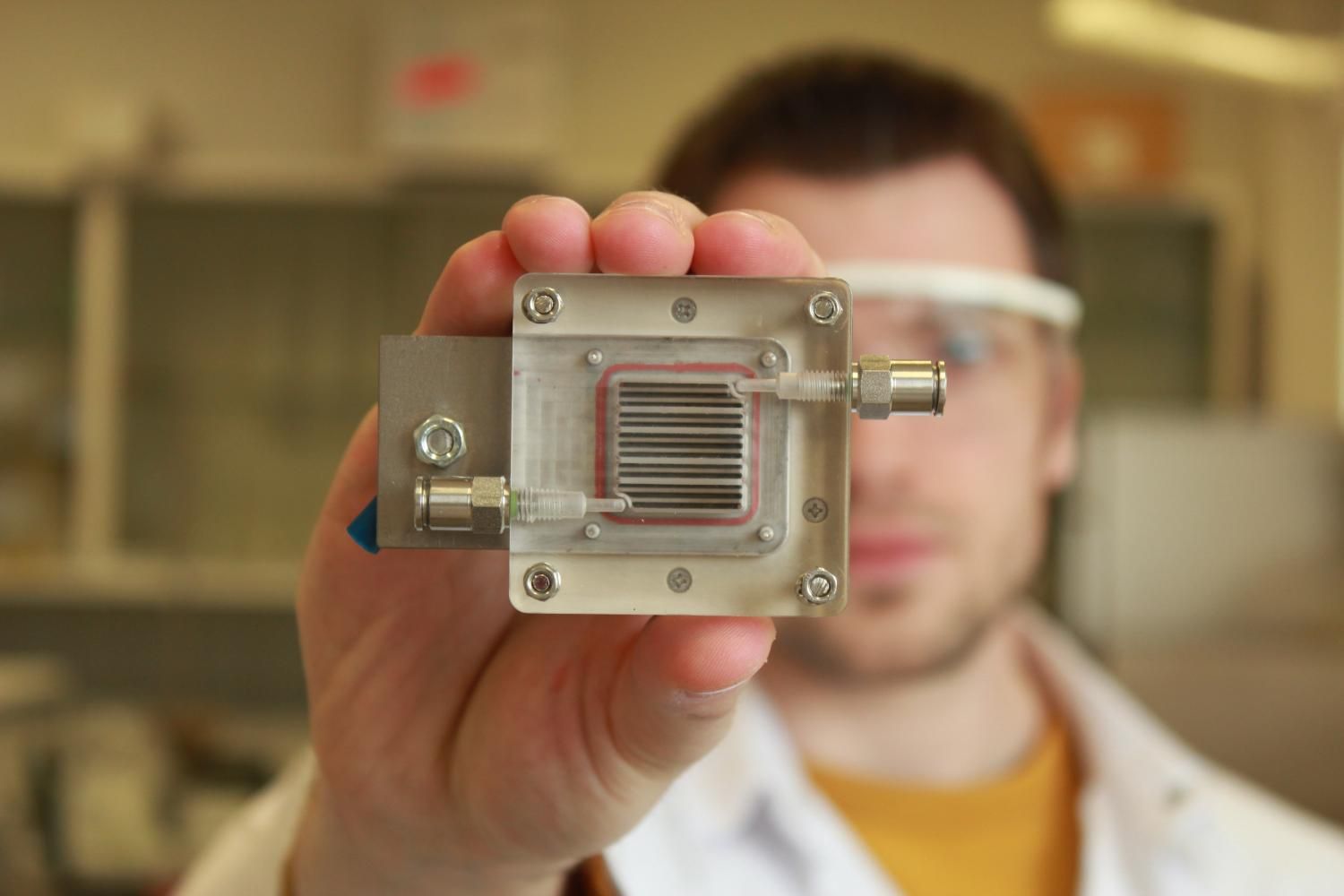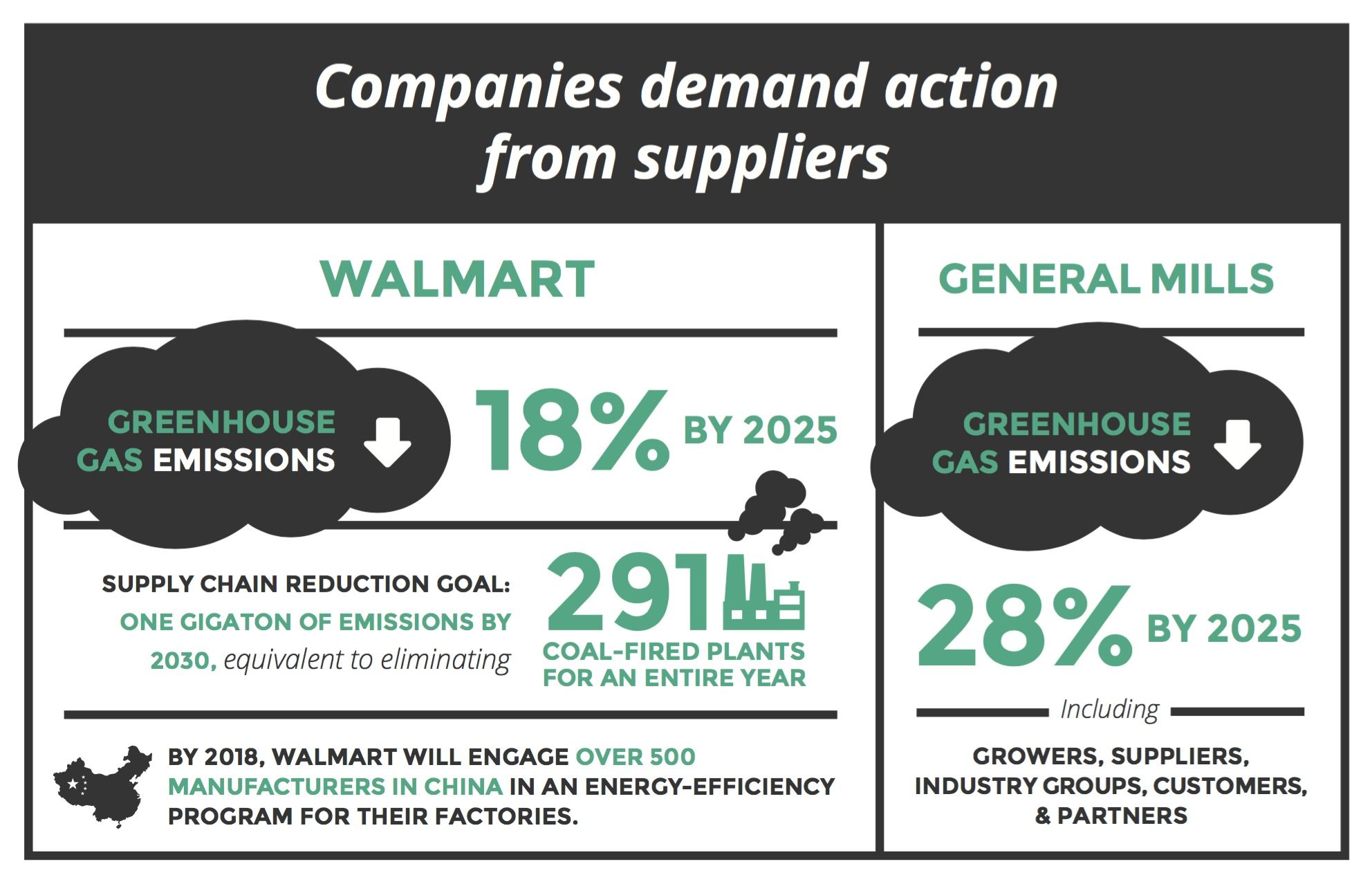May 15, 2017
Towards an Economically Viable roadmap to large scale space colonization
Posted by Julius Garcia in categories: energy, space
Al Globus and Joe Strout have an analysis that space settlements in low (~500 km) Earth equatorial orbits may not require any radiation shielding at all. This is based on a careful analysis of requirements and extensive simulation of radiation effects. This radically reduces system mass and has profound implications for space settlement, as extraterrestrial mining and manufacturing are no longer on the critical path to the first settlements, although they will be essential in later stages. It also means the first settlements can evolve from space stations, hotels, and retirement communities in relatively small steps.
This huge reduction in total mass compensates for the greater energetic difficulty of launching materials from Earth to ELEO as opposed to launching from the Moon to L5, the design location of the Stanford Torus. In the early studies, the EarthMoon L5 point was chosen as the location of a settlement for the energetic advantage of launching materials from the Moon. Going from the Moon to L5 requires a delta-v 3 of 2.3 km/sec, and going from Earth to 500 km ELEO is 10 km/sec [Cassell 2015]. Using the velocity squared as our energy measure, Earth to ELEO requires 19 times more energy per unit mass. Analysis suggests that at least 19 times less mass is needed if no radiation shielding is required. Thus, the energetic advantage to launching the mass of a settlement with deep space radiation shielding from the Moon to L5 is balanced by launching far less mass from Earth if no radiation shielding is necessary.
A 500 km circular ELEO using polyethylene shielding was analyzed. Even at 10 kg/m2 shielding, the equivalent of which is very likely to be provided by any reasonable hull, the 20 mSv/yr and 6.6 mGy/yr are met. Indeed, with no shielding at all the general population limit is met and the pregnancy limit is very nearly met. This has an interesting consequence: spacewalks in ELEO may be safe enough from a radiation point of view to be a significant recreational activity.
Continue reading “Towards an Economically Viable roadmap to large scale space colonization” »


















